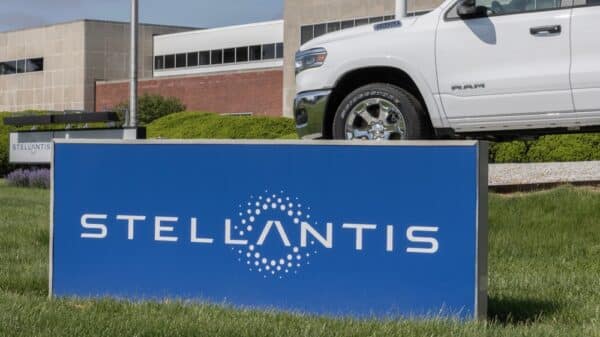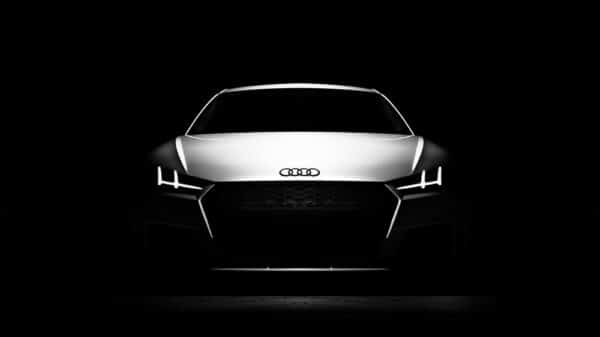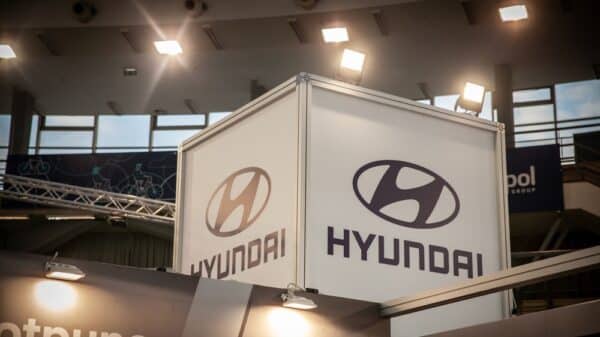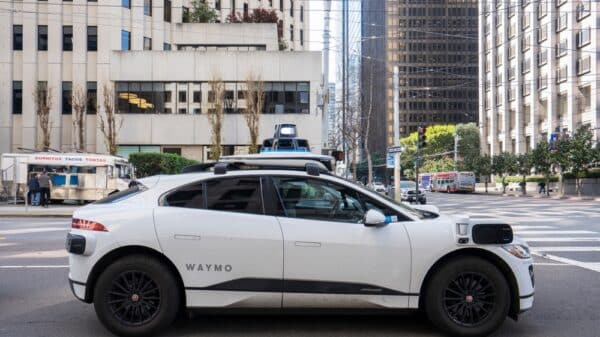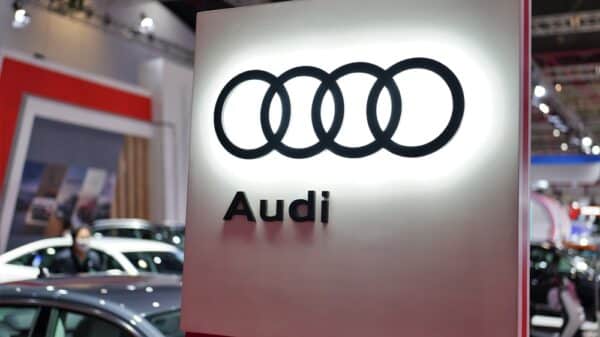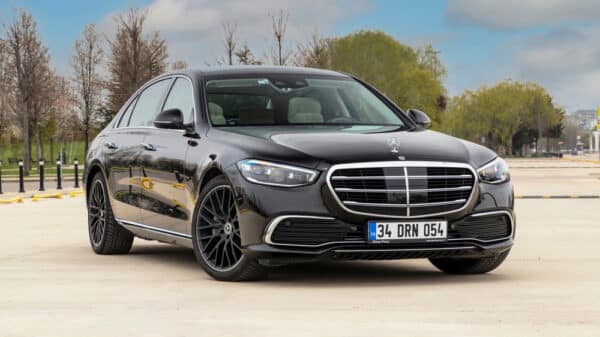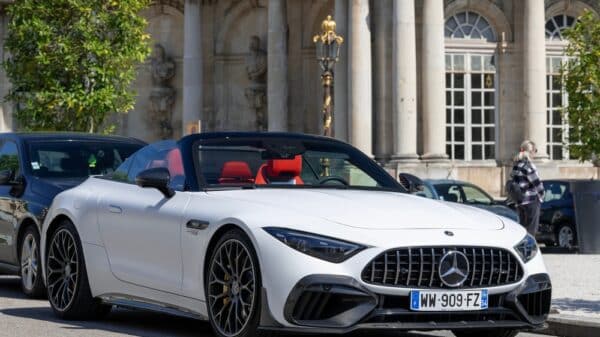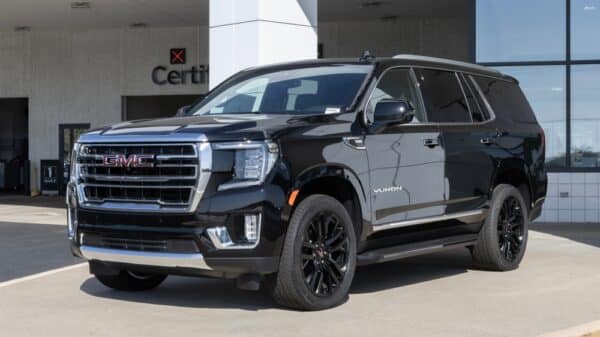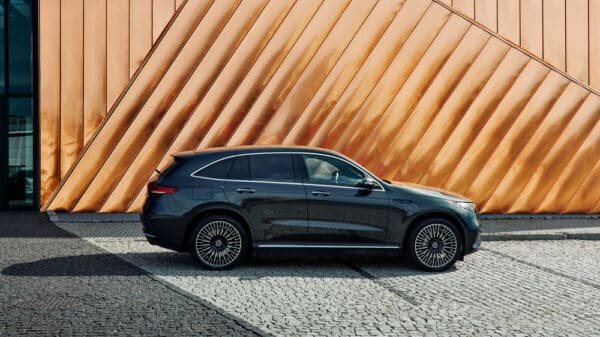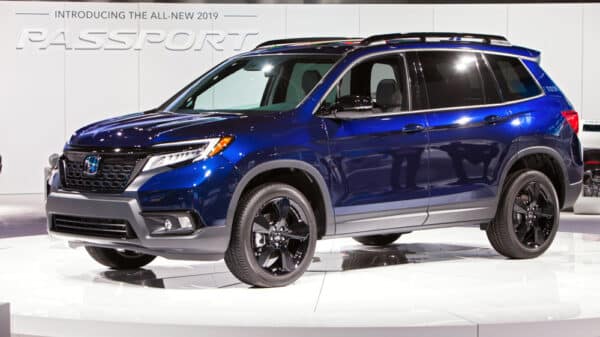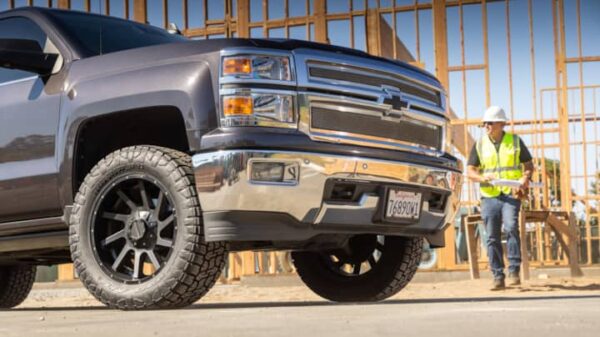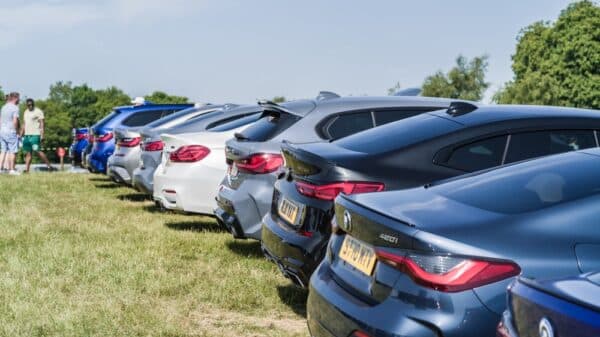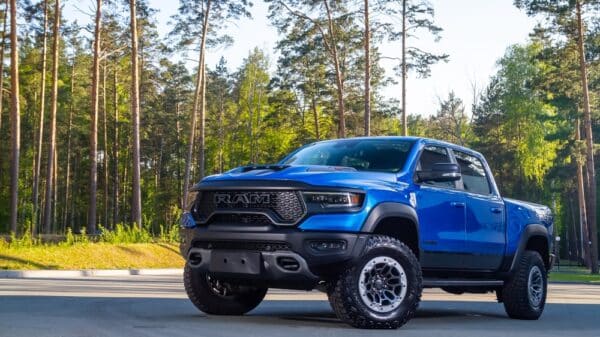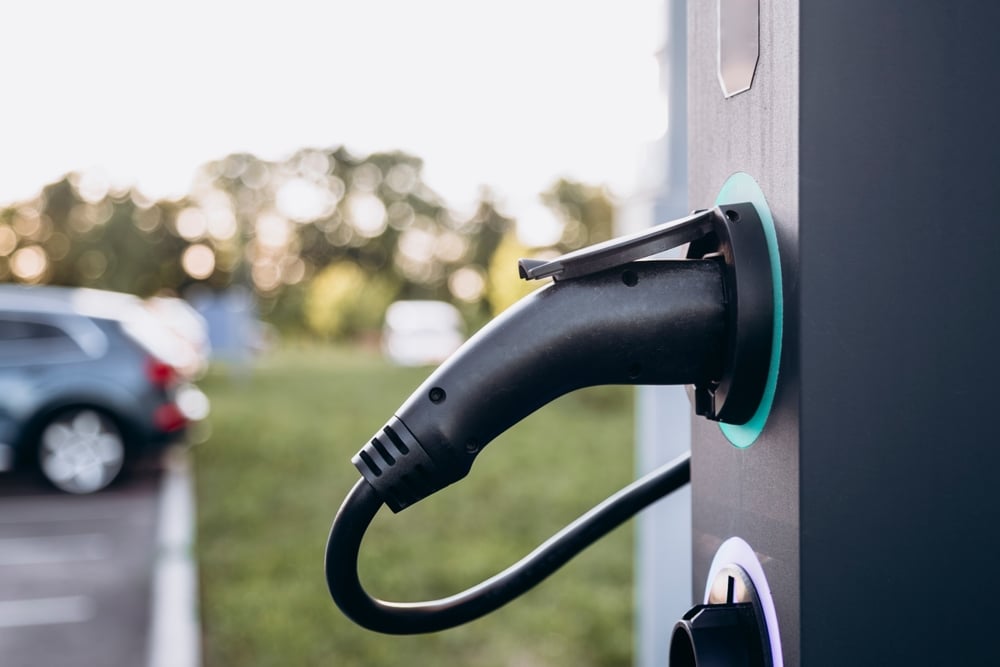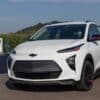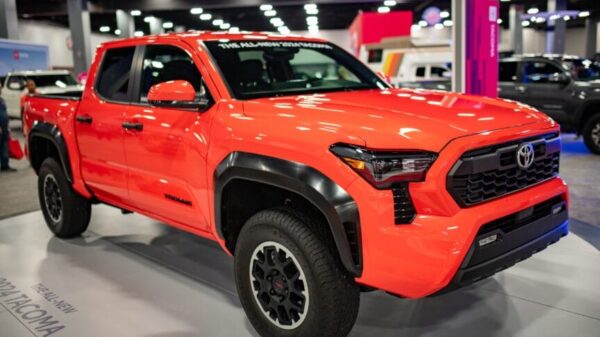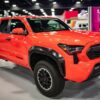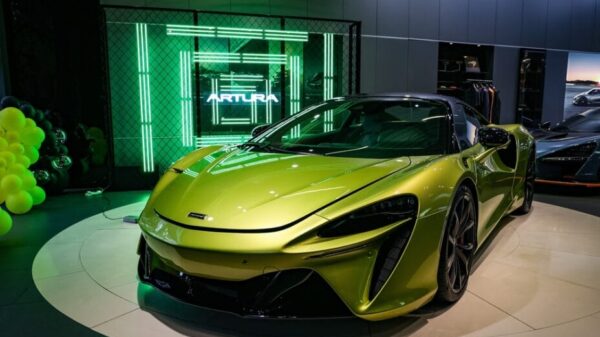Interest in electric vehicles (EVs) surged significantly in 2024, reflecting a growing awareness and acceptance among car buyers. As revealed in a recent survey by CDK Global, a highly regarded player in the automotive technology industry, the proportion of traditional gas-car shoppers planning to make the switch to an electric vehicle jumped from 18% in 2023 to an impressive 31% in 2024. If you’re one of those considering an EV, you’re part of a rapidly expanding community that’s starting to appreciate the benefits of electric driving.
The enthusiasm doesn’t stop there. Among those contemplating hybrid vehicles, interest in going fully electric reached even greater heights, with 54% of those respondents expressing a desire to switch to battery-powered models. This is up from just 38% the previous year, showing a robust upward trend that many in the industry have noticed. While the car market had hoped for explosive growth in EV demand, possibly capitalizing on bold new models and government policies, the reality is a bit more nuanced.
In fact, while certain headlines tout a slowdown in EV popularity, the underlying data tells a different story. According to CDK Global, “the tide isn’t turning back to gas power despite considerable setbacks for EVs in terms of promised demand.” What does this mean for you? Essentially, even if the rapid acceleration in electric car adoption is beginning to level off, the movement towards greener, cleaner transportation remains steadfast.
Despite some challenges, 2024 marked a banner year for electric vehicle sales in the U.S. Last year, sales climbed to a remarkable 1.3 million units, representing a solid 7.3% increase from the year before. This growth is particularly noteworthy considering that Tesla, the pioneering company of the EV movement, faced a drop in deliveries. Other automakers, like General Motors and Hyundai, filled that gap, showcasing their own significant gains in the electric vehicle segment. So if you’re feeling hesitant because of the big players’ performance, remember that the competition in the EV space means more options and better technology are on the horizon.
However, it’s not all smooth sailing. Car shoppers still harbor a number of misconceptions about electric vehicles that could be holding them back. The CDK survey revealed persistent concerns among those hesitant to buy an EV: potential buyers cite a need for longer driving ranges, shorter charging times, and, crucially, a reliable charging infrastructure. It’s understandable; nobody wants the anxiety of running out of battery power in the middle of a long road trip, and ease of charging is paramount.
What’s promising is that there’s been a noticeable shift in understanding among gas-car shoppers regarding EV charging. The survey indicated that 60% of respondents now comprehend the cost of charging, 48% are aware that an EV typically requires around 30 minutes to recharge, and almost half have identified local charging stations available to them. These metrics indicate a leap from the previous year, suggesting that public knowledge about electric vehicles is improving, which is an encouraging step toward wider acceptance.
But there’s one big misconception that remains: many buyers believe that EVs are more costly to maintain than traditional cars. In reality, a wealth of studies have demonstrated that electric vehicles generally incur lower maintenance costs over time. Why is that? Because electric powertrains have far fewer moving parts than their combustion counterparts, which translates to fewer things that can go wrong and need repairs. Ultimately, this means you could save money in the long run.
The findings highlight that while consumers accurately identify the disadvantages of going electric, they miss the mark on one of the standout perks: the cost-effectiveness of maintaining an EV. As noted in the study, “The message around the financial impact of going electric clearly isn’t busting myths.” So, if you’re considering making the leap to an electric vehicle, it’s worth doing the research to understand all the incentives—even the financial benefits.
The transition to electric vehicles isn’t just an industry trend; it’s a movement fueled by innovation, commitment to the environment, and evolving consumer preferences. Whether you’re ready to embrace the electric revolution or simply curious about the possibilities, the ongoing developments in the EV market offer something for everyone. If you have thoughts or experiences in the EV world, don’t hesitate to connect; sharing knowledge is one of the best ways we can all stay informed on this electrifying journey.
Image Source: sav_an_dreas / Shutterstock




